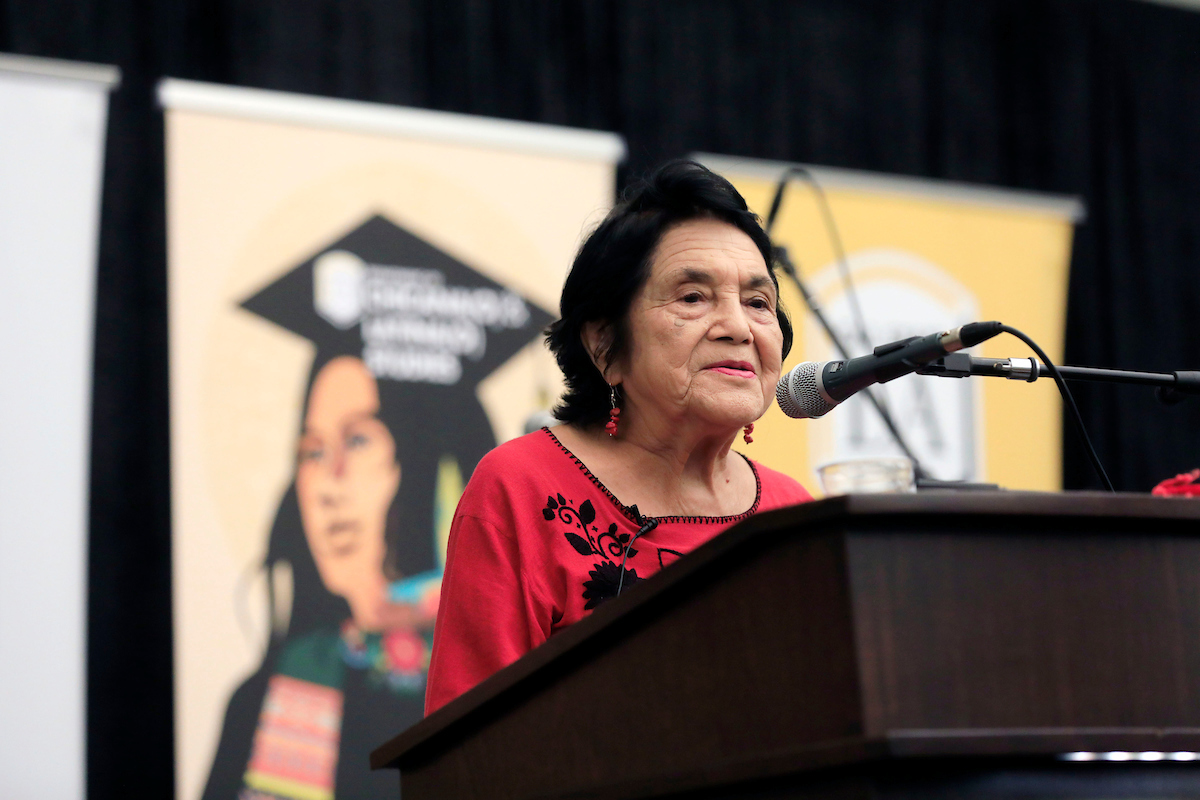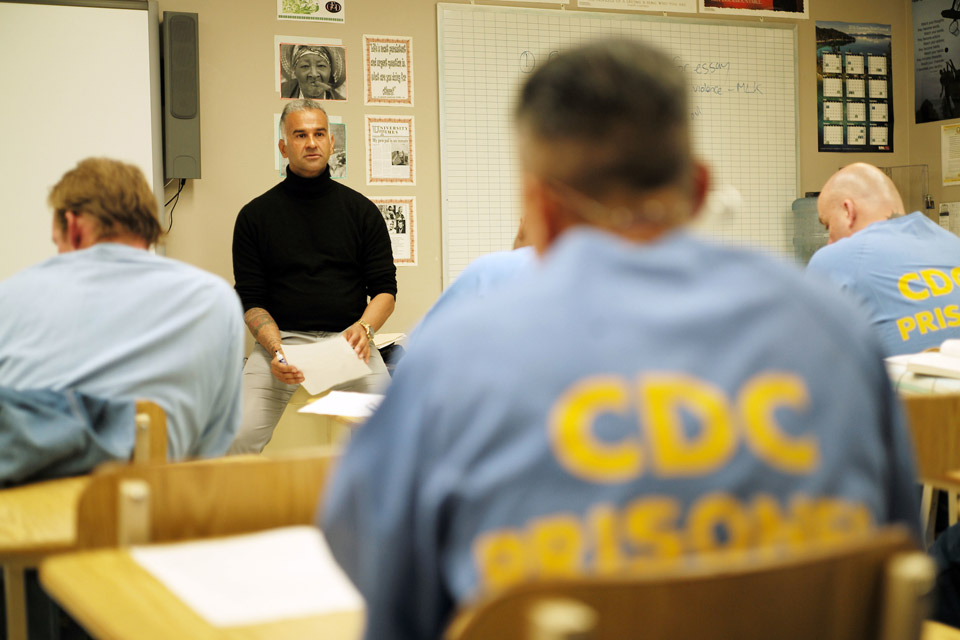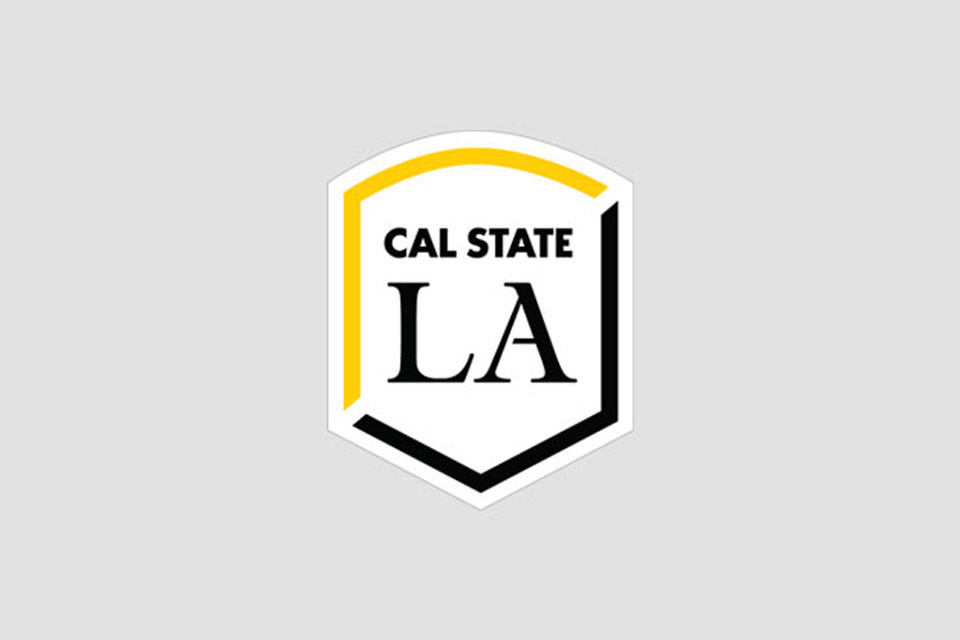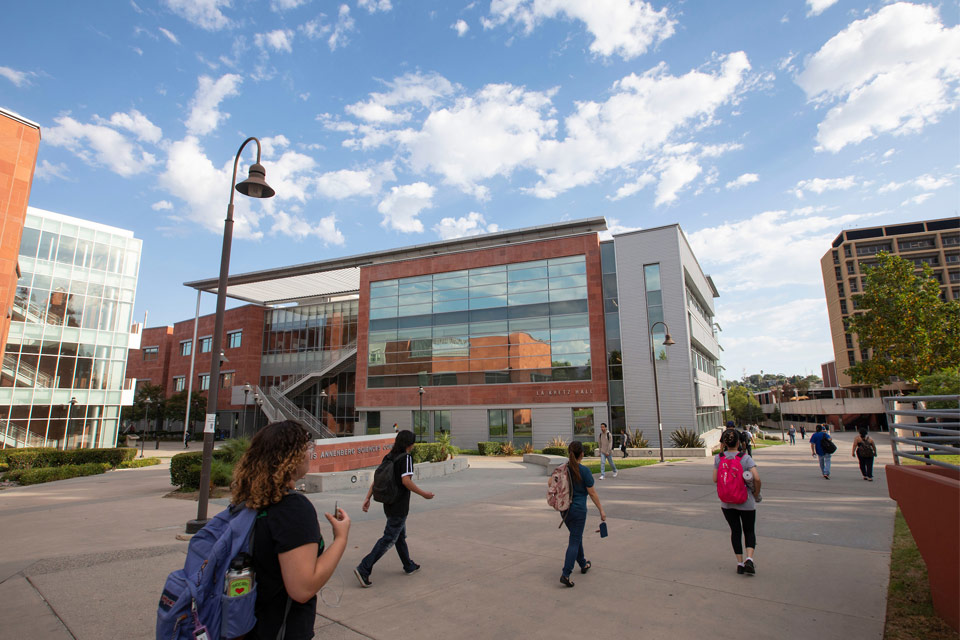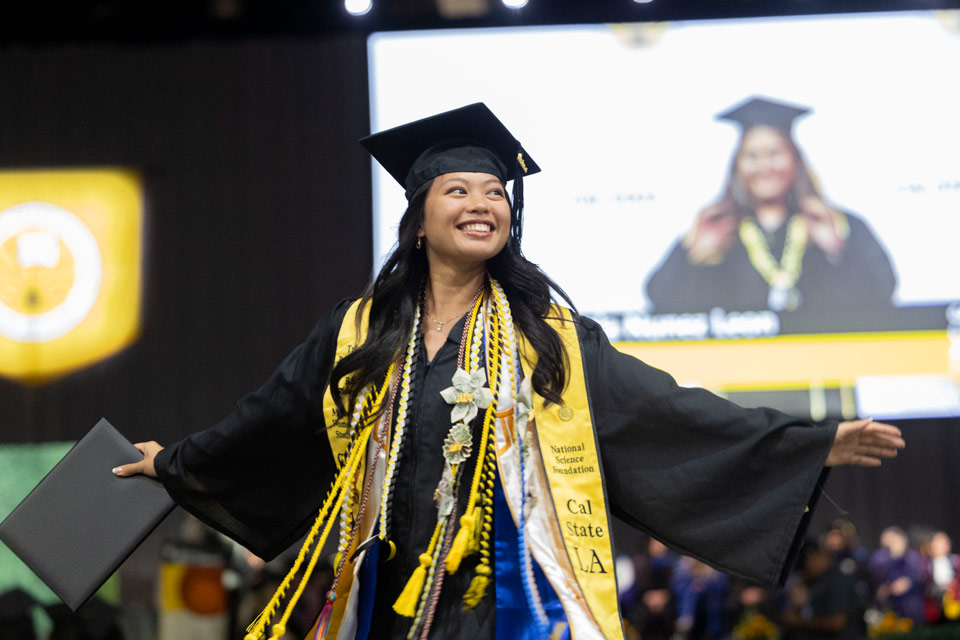Fifty years ago, against a backdrop of student protests and community unrest, Cal State LA established the first Chicano studies program in the nation.
At the time, only about 4 percent of the university’s students were Mexican American. The fledgling program—called Mexican American Studies—offered just four courses. But its very existence was a testament to the vision of the university and the activism of committed students, faculty and staff, who wanted a curriculum that valued Mexican American history, culture and contributions.
“This program exists because there has been struggle,” said Dolores Delgado Bernal, chair of what is now the Department of Chicana(o) and Latina(o) Studies. “It emerged as a part of the civil rights movement, but it’s part of an intellectual movement as well. It’s important that students today understand what it took to get here.”
Today, the department, housed in the College of Natural and Social Sciences, offers more than 150 courses, taught by scholars from across a wide range of disciplines. Its graduates have contributed immeasurably to the region and the university.
On September 6, Cal State LA marked the 50th anniversary of Chicano studies with an inaugural lecture by legendary civil rights leader Dolores Huerta.
Huerta took the audience in the packed Golden Eagle ballroom through lessons in history, politics and economics, with stories from more than 60 years on the frontlines of social justice crusades. “It was actually right here in the city of Los Angeles where the Chicano movement started,” she said.
RELATED:
Video: Inaugural lecture by Dolores Huerta marking 50 years of Chicano studies at Cal State LA
Video: Chicana punk legend Alice Bag performs original song for Dolores Huerta
Chicana punk rock legend and Cal State LA alumna Alice Bag performed a song she wrote to honor Huerta for her pioneering work with the United Farm Workers and her activism on behalf of women’s rights. Bag was accompanied by La Victoria, a mariachi trio.
 Los Angeles City Councilmember José Huizar, whose 14th District includes Cal State LA, and Commissioner Richelle Huizar from the City of Los Angeles Commission on the Status of Women, announced a plan to name an intersection in Boyle Heights “Dolores Huerta Square.”
Los Angeles City Councilmember José Huizar, whose 14th District includes Cal State LA, and Commissioner Richelle Huizar from the City of Los Angeles Commission on the Status of Women, announced a plan to name an intersection in Boyle Heights “Dolores Huerta Square.”
Huerta “inspired a generation of activists,” Richelle Huizar said. “She is one of the principal architects of the social justice movement.”
Chicano studies programs were key elements of that movement, Huerta told the crowd. “When we talk about our history, we are talking about the history of the United States of America,” she said.
“It’s our turn and this is our moment. So let’s celebrate Chicano studies by making more history. When you get an education, your voice gets louder.”
Her address and an afternoon reception in the Cal State LA Fine Arts Gallery, where Huerta was presented a commendation and commemorative work of art by Cal State LA President William A. Covino, launched a yearlong series of events honoring the department’s legacy of academic achievements, creative projects and public service. Assemblymembers Wendy Carrillo, a Cal State LA alumna, and Chris Holden also recognized Huerta at the reception.
In the late 1960s, Los Angeles was a focal point of a burgeoning Chicano civil rights movement that was sweeping across the southwest United States. Community members organized and protested, demanding improvements in education, an expansion of farm workers’ rights, recognition of issues important to Mexican Americans and an end to the war in Vietnam, where Chicanos were dying in large numbers.
Then, as now, the Cal State LA campus was walking distance from the largest urban Mexican American community in the United States. Yet few students from the Eastside neighborhoods surrounding the university were being prepared for college.
To protest societal neglect and deficiencies in Los Angeles schools, thousands of Chicano high school students walked out of their classes in the spring of 1968. Cal State LA students and alumni had helped organize the East L.A. Walkouts, which spread to schools across Los Angeles and ushered in a new era of activism among Chicano youth. Several of the Cal State LA organizers were among 13 activists indicted and jailed for conspiring to plan the walkouts. Charges were later dropped.
On the Cal State LA campus, a small group of students had formed a chapter of United Mexican American Students, or UMAS. They had begun to advocate for increased Chicano enrollment, a stronger relationship with surrounding communities and university courses that allowed Chicano students to better understand and appreciate their ethnic heritage.
“In the early and mid ‘60s we were practically invisible on the campus,” recalled Cal State LA alumnus and distinguished UC Berkeley professor emeritus Carlos Muñoz Jr., who helped organize the high school walkouts and served as an UMAS president. “I used to go around the campus, trying to spot the other Mexicans like me so we could get organized. But the majority of the Chicano students were in the closet. They wanted to identify as Spanish, not Mexican American.”
Muñoz said that attitude, which stemmed from racism and historical mistreatment of Mexican Americans, only deepened convictions that a program in Chicano studies was needed.
University officials agreed and partnered with students to get the program up and running. “We were very, very fortunate that there were progressive people in the university administration,” Muñoz said. “They were very helpful in generating support.”
In fact, the university mo ved so quickly, there was no time to hire faculty, so Muñoz wound up teaching two of the program’s first four classes. “I was a first-year grad student in political science,” he recalled. “I had no teaching experience. I didn’t even know how the university worked. … I remember making phone calls all over the country, talking to faculty, trying to recruit Mexicans in the pipeline who were willing to come here to teach at Cal State LA.”
ved so quickly, there was no time to hire faculty, so Muñoz wound up teaching two of the program’s first four classes. “I was a first-year grad student in political science,” he recalled. “I had no teaching experience. I didn’t even know how the university worked. … I remember making phone calls all over the country, talking to faculty, trying to recruit Mexicans in the pipeline who were willing to come here to teach at Cal State LA.”
The creation of Chicano studies at Cal State LA ushered in a new era for students, activists and scholars in California and beyond. And it created a blueprint for collaboration across racial lines. Chicano students worked with friends from the university’s Black Student Union to push for change.
“It’s important to know how we worked together across racial and ethnic groups,” said Delgado Bernal. The university’s Pan African studies program “was the second in the country and Chicano studies was the first.”
“The beginnings of ethnic studies, as a discipline, were right here at Cal State LA,” she said.
Over the next decade, colleges in California and across the Southwest would add Chicano studies to their academic offerings. Today, more than 400 colleges and universities—from New Jersey to Oregon, Tennessee to Minnesota—offer academic programs that focus on Latino history and culture, according to research by Lourdes Torres, professor of Latino and Latin American studies at DePaul University.
“Right now, there’s an awareness of ethnic studies,” Delgado Bernal said. In the past 15 months, her department has seen a 37 percent increase in the number of students majoring in Chicana(o) and Latina(o) studies.
“It’s becoming increasingly important to have that interdisciplinary background, and an understanding of other cultures and races,” Delgado Bernal said. “Taking these courses allows students to say, ‘I can claim and be proud of who I am and that allows me to better understand and accept others who are not like me.’”

Photos: Above, Civil rights pioneer Dolores Huerta speaks to a packed Golden Eagle ballroom as part of the inaugural lecture kicking off a yearlong commemoration of the 50th anniversary of Chicano studies at Cal State LA. Middle right, from left to right, College of Natural and Social Sciences Dean Pamela Scott-Johnson, Commissioner Richelle Huizar, Provost and Vice President for Academic Affairs Lynn Mahoney, Department of Chicana(o) and Latina(o) Studies Chair Dolores Delgado Bernal, and L.A. City Councilmember José Huizar. Middle left, Dolores Huerta with President William A. Covino at an afternoon reception. Bottom, Chicana punk rock musician Alice Bag and mariachi trio La Victoria perform for Dolores Huerta and event guests. (Credit: J. Emilio Flores and Robert Huskey/Cal State LA)
# # #
California State University, Los Angeles is the premier comprehensive public university in the heart of Los Angeles. Cal State LA is ranked number one in the United States for the upward mobility of its students. Cal State LA is dedicated to engagement, service, and the public good, offering nationally recognized programs in science, the arts, business, criminal justice, engineering, nursing, education, and the humanities. Founded in 1947, the University serves more than 28,000 students and has more than 245,000 distinguished alumni.
Cal State LA is home to the critically-acclaimed Luckman Fine Arts Complex, Pat Brown Institute for Public Affairs, Hertzberg-Davis Forensic Science Center, Hydrogen Research and Fueling Facility, Billie Jean King Sports Complex and the TV, Film and Media Center. For more information, visit www.CalStateLA.edu.

